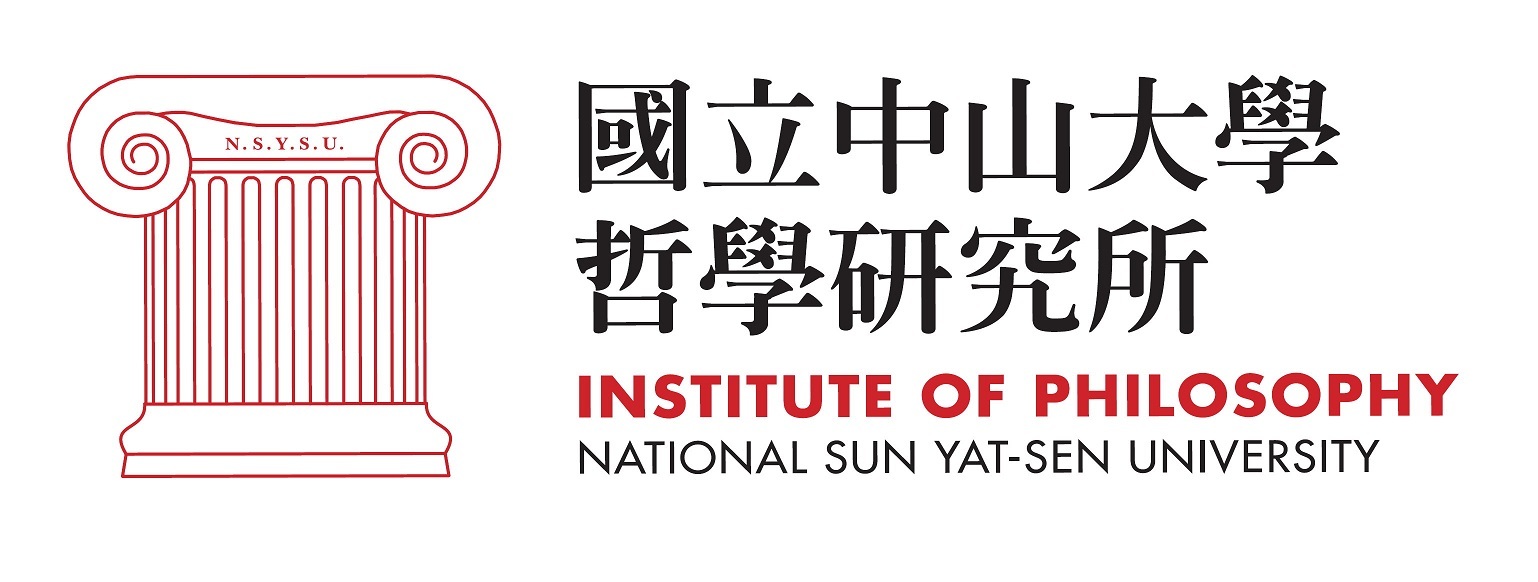沙特的《存在與虛無》課程-期末報告題目
PHIL 573沙特的《存在與虛無》
Sartre’s Being and Nothingness
期終論文:佔總分50% (可用中文或英文)
最後交卷日期: 2015/7/ 31 (請以電郵同時傳至kylau@cuhk.edu.hk及哲學所郵箱)
字數:中文:8,000-10,000;英文:4,000-5,000
建議題目 (任擇其一)
1. 沙特一方面以 “human reality” 來指稱人,另方面以意識作為「虛無」(nothingness)來說明人之存在特性;以「虛無」來界定「實存」的人,是否陷入了語意矛盾?Sartre uses the term “human reality” to designate human existence on the one hand, and on the other explains that human consciousness is nothingness in its being. Is there contradiction in Sartre’s terminologies?
2. 沙特以「否定」及「虛無化」(nihilation, néantisation)來解釋「虛無」一概念,它們與邏輯學上的否定判斷有何分別?它們在整部《存在與虛無》中擔當著怎樣的理論地位? Sartre uses the terms negation and nihilation to explain the concept of nothingness. How do they differ from their use in logical judgment? What is the theoretical status of these terms in Being and Nothingness?
3. 《存在與虛無》的工作是重新說明存在論二重性(ontological duality)──「自在存在」(being-in-itself)與「自為存在」(being-for-itself)的二重性。後者與笛卡兒式二元論有何異同?沙特的說明成功嗎? Being and Nothingness attempts at a new elucidation of the ontological duality in terms of being-in-itself and being-for-itself. What are the similarities and differences between Sartre’s ontological duality and Cartesian dualism? Is Sartre’s enterprise a success?
4. 沙特哲學中何謂存在論的二重性?試以《存在與虛無》中對自欺的分析說明之。 What does it mean by ontological duality in Sartre’s philosophy? Please explain by way of the analysis of bad faith in Being and Nothingness.
5. 沙特稱其存在論工作的進路,既非實在論和觀念論,也非創造論,而是現象學的。後一進路為何會優勝於前三種進路?為甚麼它能讓沙特完成任務? Sartre declares that the approach of his ontological work is neither realist, idealist, nor creationist, but phenomenological. Why is the phenomenological approach better than the other three approaches? Why can it help Sartre to accomplish his task?
6. 沙特視人作為自為存在是價值意識的來源,但自為存在是一種有缺失的存在,一個有缺失的存在就是一個不完美的存在,它怎可能是價值意識的來源?沙特這一說法是否自相矛盾?To Sartre, human existence as being for-itself is the origin of the consciousness of value. Yet being for-itself is a being of lack and thus a imperfect being. How can such a being be the origin of consciousness of value? Is there contradiction in these claims?
7. 沙特從他人的目光入手處理他人之存在問題,這一進路與傳統哲學、以致胡塞爾和海德格的進路有何不同?沙特的處理是否成功? Sartre’s approach to the problem of existence of the Other begins by the Other’s gaze. How does this approach differ from the approaches of traditional philosophy on the one hand and from Husserl and Heidegger on the other? Is Sartre’s attempt successful?
8. 沙特有「地獄就他人是」一名言。他是在詛咒他人嗎?他人在《存在與虛無》的存在論工作中擔當了甚麼位置? Does Sartre’s famous saying “the hell is the others” serve as a curse to the Other? What is the theoretical role of the Other in Being and Nothingness?
9. 沙特既以意識作為人之存在特性為入手建立其存在論工作,為甚麼《存在與虛無》需要引入身體之討論?身體這一課題在全書擔當了甚麼角色?Sartre begins his ontological work by claiming that consciousness is the basic structure of human being. Why does he introduce the theme of body in Being and Nothingness? What role does the body play in the whole book?
10. 「存在先於本質」是沙特式存在主義最為大眾所知的論斷。在《存在與虛無》中,沙特以怎樣的哲學理據確立這一論斷?他的理據成立嗎? “Existence is prior to essence” is the most popular statement of Sartrean existentialism. Through what philosophical argument Sartre grounds this statement in Being and Nothingness? Is his attempt successful?
11. 沙特的名言「人是命定自由的」是否一矛盾述句?為甚麼? Is Sartre’s famous saying “man is condemned to be free” a contradictory statement? Why?
12. 沙特說「存在先於本質」,又說「人是命定自由的」,二者有關係嗎? Sartre says that “existence is prior to essence” on the one hand, and that “man is condemned to be free” on the other. Are these two statements related to one another?
13. 沙特認為人首先是一個實況性的存在,受到她的處境所限制;但又稱人是絕對自由的。他能自圓其說嗎?To Sartre, human being is first of all a being of facticity, i.e. a being bounded by her situation. But Sartre also says that human being is absolutely free. How can Sartre be consistent with himself?
14. 沙特認為人是有超越能力的存在,而這超越能力來自其作為時間性存在的存在特性,為甚麼?To Sartre human being is a being of transcendence, and this comes from his being as a temporal or temporalizing being. Why?
15. 沙特更多是一個胡塞爾主義者還是更多是一個海德格主義者?抑或兩者都不是?Sartre is more a Husserlian or more a Heideggerian? Or is he neither one nor the other?
16. 沙特的存在主義是一門人性論還是一套行動哲學?請列舉你的理由說明之。Is Sartrean existentialism a theory of human nature or a philosophy of action? Please give your reasons.
17. 沙特強調人之存在為「虛無」,被一些評論者視為「虛無主義」。然而,沙特同時認為人對自己的選擇、以至對世界有絕對的責任,因此有強烈道德主義色彩。究竟沙特的學說是虛無主義還是道德主義?Since Sartre emphasizes that human existence is “nothingness”, he is seen by some as preaching nihilism. Yet Sartre thinks at the same time that human being has absolute responsibility towards her choices and even towards the world. This shows that he has a strong moralist side. Is then Sartre a nihilist or a moralist?
18. 沙特的自由學說有何倫理和政治意涵?
What are the ethical and political implications of Sartre’s doctrine of freedom?
19. 沙特說人作為自為存在宛如存有心臟中的一個存在的洞,這說法是一種現象學描述還是一種隱喻?它要表達甚麼?Sartre says that human reality as For-itself “is like a hole of being at the heart of Being”. Is this a phenomenological description or just a metaphor? What does it want to express?
20. 沙特在《存在與虛無》的結論中說:「他異性其實是一內在否定,而只有一意識能被建構成一內在否定」。這是否意味著,沙特的意識哲學是一門差異與他者的哲學?Sartre writes in the Conclusion of Being and Nothingness that “Otherness [altérité] is, in fact, an internal negation, and only a consciousness can be constituted as an internal negation.” Does it mean that Sartre’s philosophy of consciousness is a philosophy of difference and Otherness?
21. 其他相關自選問題(請與老師商議)。Other relevant self-chosen theme (please discuss with the teacher first).

